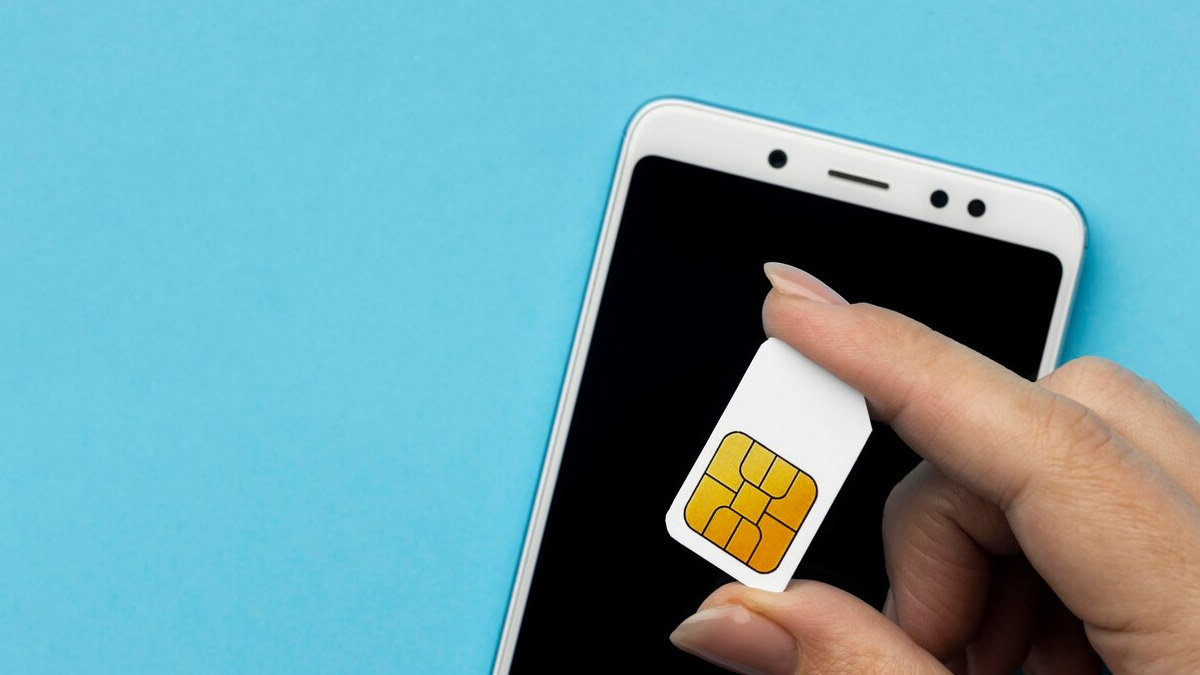
With multiple benefits and opportunities, digitalisation has also made us prone to cybercrimes, phishing, identity theft, hacking, cyberbullying, cyberstalking, and online scams to name a few. A new cybercrime is now making headlines and here we are to simplify it for you.
It's called the ‘SIM swap' scam and recently a Delhi-based lawyer lost ₹50 lakh to it. According to a report by NDTV, the advocate received three missed calls from an unknown number. Next, she got a call from an unknown number and the person claimed to be a delivery person. The woman was asked to share her delivery address and as soon as she did so, she received two transaction notifications from her bank.
The case was reported to the Delhi cyber cell, the team confirmed that the woman didn't share any information other than the address with the scammer like an OTP. So, how did it happen?

Under this new ‘SIM swap' scam, a scammer connects with your network provider, pretends to be you, and then links your SIM card to a new number. On getting your SIM linked to their number, it is easier for them to use your SIM for calls and messages. The OTPs then no longer reach you but them and this way they can quickly do the two-factor authentication and transfer your money into their account.
Reduce your chances of falling for the 'SIM swap' scam by following these safety tips:
Protect Your SIM With A Pin
Connect with your network providers and ask them to help you set up a PIN for your SIM card. This PIN will prevent anyone from using your card on their device. By securing your SIM card with a code, you can ensure that no one can use it for a scam since the phone will ask you to put in the PIN every time it is switched off.
Don't Respond To Suspicious Texts, Calls

If you are getting suspicious calls and messages, don't respond to them. Report them immediately. Even if the person claims to be from your mobile carrier, don't share your details, reach out to their nearest store and confirm.
Don't Miss: Cyberstalked: How To Identify Fake Friend Requests On Social Media
Use A Two-Factor Authentication For All Accounts
Transferring money today takes just a few seconds and with this advantage comes the risk of being scammed too. For all your online accounts, have a two-factor authentication. This will boost the security, the scammer won't be able to reach your account till they pass the one-time code verification.
Don't Miss: What Is Cyber Stalking & How To Keep Yourself Safe Online, Expert Weighs In
Keep Checking Your Accounts Regularly
We don't usually have a habit of checking our bank account or other accounts till we have a payment to make or get one. Do a frequent check of your bank accounts, and emails and if you find something unusual, report it immediately.
Image Courtesy: Freepik
Also watch this video
Herzindagi video
Our aim is to provide accurate, safe and expert verified information through our articles and social media handles. The remedies, advice and tips mentioned here are for general information only. Please consult your expert before trying any kind of health, beauty, life hacks or astrology related tips. For any feedback or complaint, contact us at compliant_gro@jagrannewmedia.com.